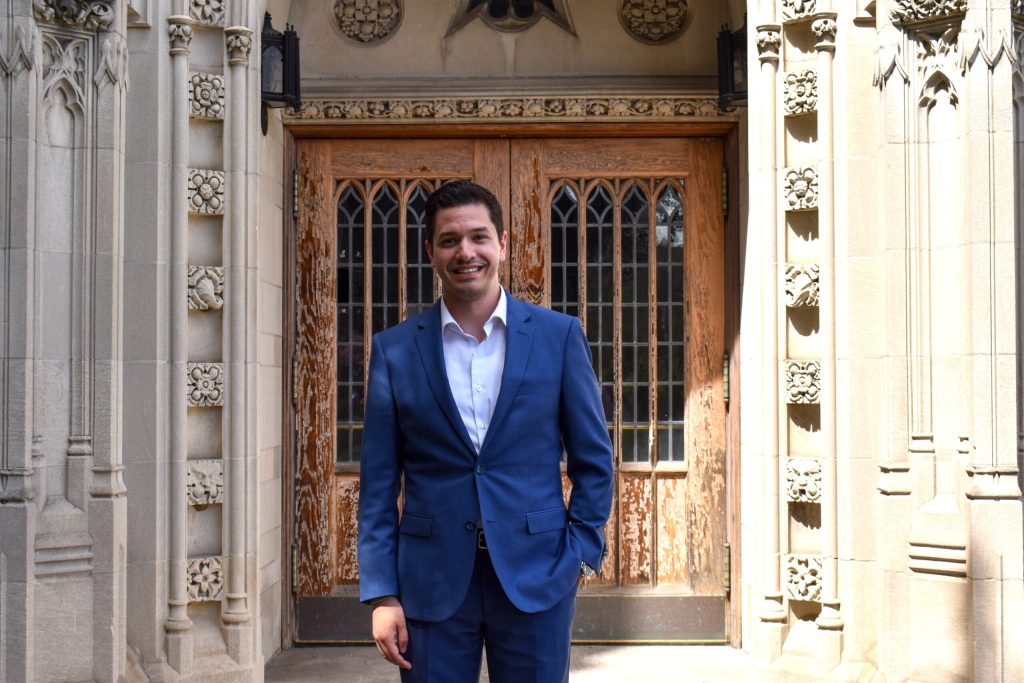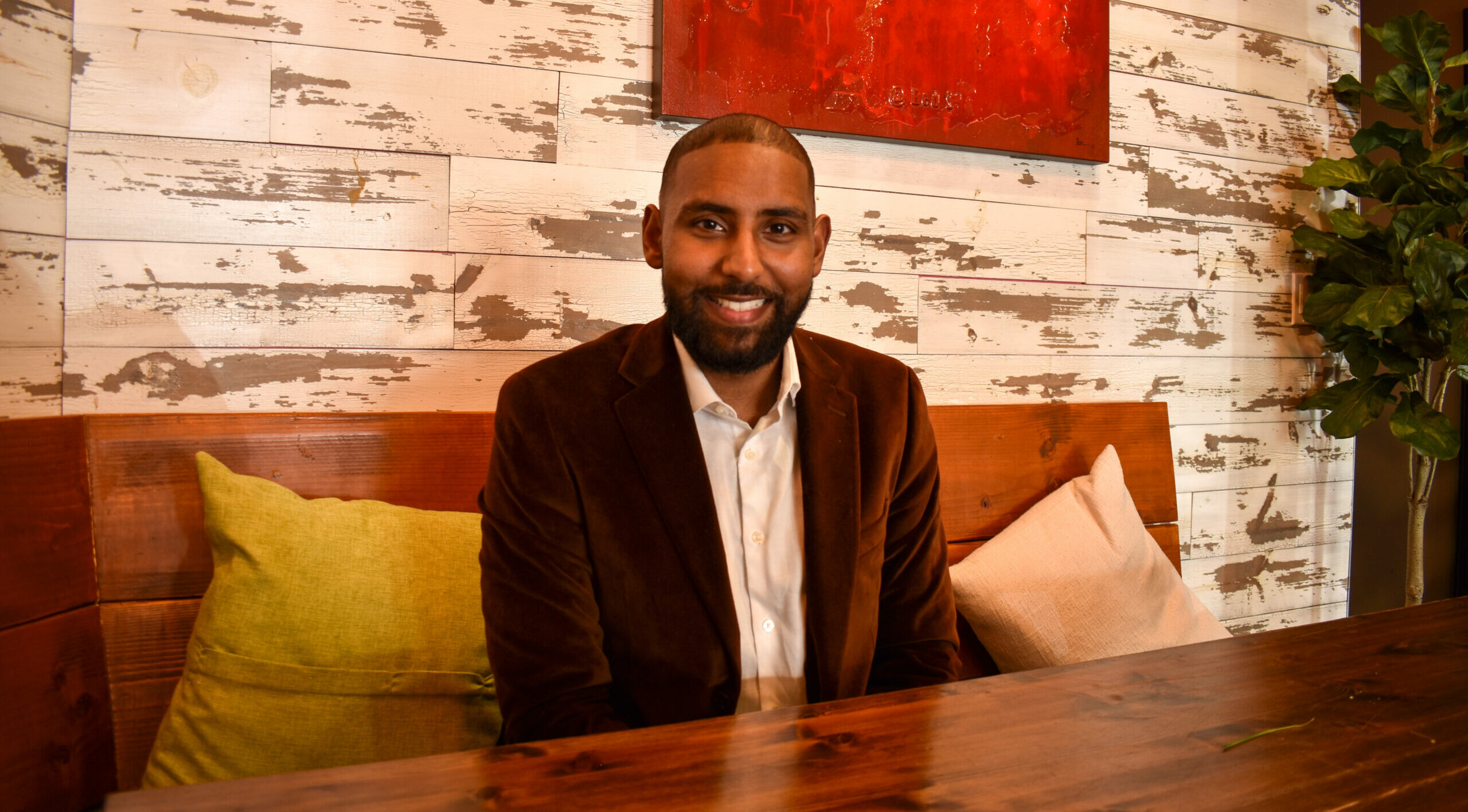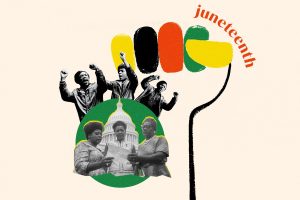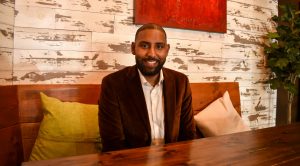Photo by co-founder Neidy Gutierrez.
New Jersey City University has been around for as long as most Jersey City natives can remember. Many have passed by the iconic Gothic Tower and go-to bacon, egg and cheese truck on the JFK Boulevard countless times–though some might’ve never noticed the latter.
In 2022, news rippled throughout the city that NJCU was in a “financial emergency,” facing a $22.7 million operating deficit. In December of that year, 30 tenured professors and over 30% of its academic programs were cut to alleviate expenses.
This eventually fell into the lap of Andrés Acebo, who was appointed as the public university’s interim president in January 2023, becoming the second Hispanic president of a four-year university and youngest to ever do so. Over the next year, NJCU was able to cut down to a $6.7 million deficit and, as of February 2024, their financial status went from “negative” to “stable.” But the efforts to stabilize the institution was not just Acebo’s doing, he credits the NJCU community for aiding.
“I got to galvanize a community and set a course and a vision,” he told Slice of Culture. “… I think we deserve a lot of credit for how we’ve managed the financial shortfall by making a lot of painful decisions, but there was also a deficit of hope and meaning and purpose of what it means for this place to exist, of what our value proposition was [and] who we serve.”
Behind the president’s desk and financial reports sits Acebo, a Hudson County native, who is a “son of this community” and emphasizes that until his final second as NJCU president, he’s adamant of being a leader that the college’s students deserve.
Representation Matters
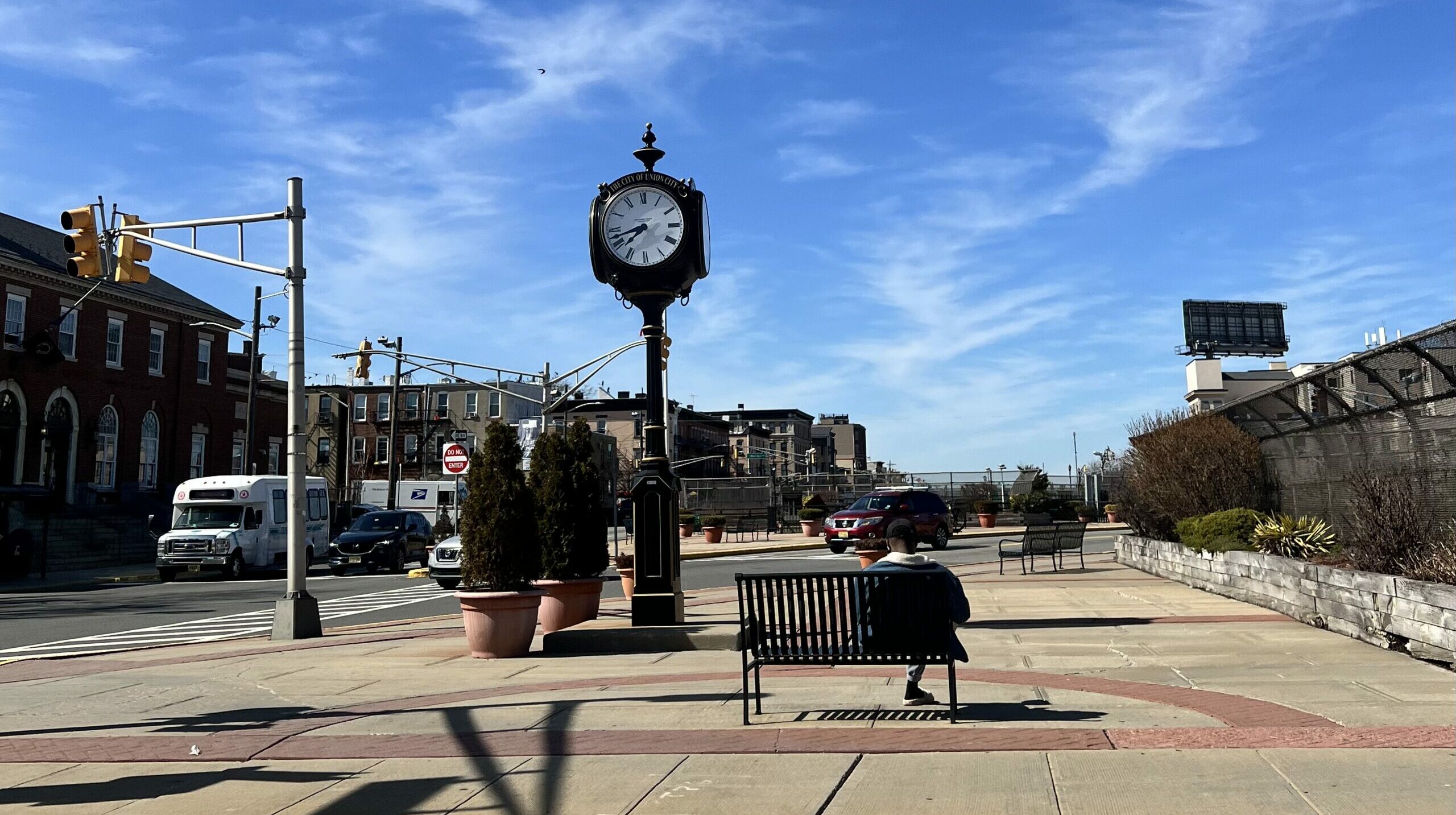
Acebo was born and raised in Union City to Cuban immigrants where he–a first generation student–went through the local public schools. His mother was a housekeeper while his father was a waiter. Acebo joked that he was a “pseudo” parent, being the oldest of three kids.
In Hudson County, roughly 306,000 people, or nearly 43%, of its residents were born in a different country, which is about three times more than the national average of 13.6%, as of 2021. Hudson County is constantly claimed to be one of the most diverse places in the country, where the environment of different, yet connected communities creates a lasting impact on residents.
“Long before I had the privilege to travel the world, the world came to me,” he said. “… You can literally experience distinct Indian cultures and South Asian cultures, really confronting the realities that sometimes get taken for granted in our communities like the Hispanic community in particular, that it is not a[n ethnic] monolith.”
An ethnic monolith is when a group of people are believed to be all the same. In Hudson County, Hispanics make up 42.5% of the county, the second most common ethnic group, followed by Asian and Black or African American. But that grouping doesn’t break it down–this New Jersey county is home to different ethnicities including:
- Cubans
- Indians
- Trinidadians
- Italians
- Filipinos
- Salvadorans
- Pakistanis
- Dominicans
- Koreans
- Puerto Ricans
- Jamaicans
- Irish
- Bangladeshis
- Ecuadorians
To name a few.
And while each culture is different, many of them have experienced the same issue: lack of representation and the pressure of being a first-generation child in the U.S.
“I entered places and spaces that didn’t contemplate people with my background or my experiences entering them. Imposter syndrome is a very real thing,” Acebo added. “… You’re entering places that you never saw and people like you [never saw]… but being grounded in community, I think, helps you move and confront those insecurities.
“There’s a responsibility and a debt that I think we carry you never fully get to pay back, but you have a responsibility to at least pay it forward.”
Understanding NJCU’s Students
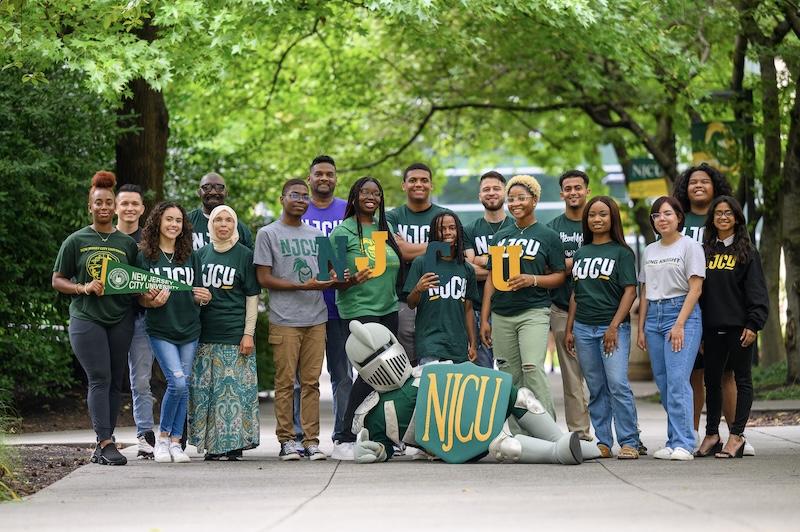
Sixty years ago, Acebo’s father came to the U.S. on a raft from Cuba at 18 years old in search of freedom. He used a compass to navigate his way, which Acebo still has today. His father didn’t pass grade school and his mother has a high school diploma.
Acebo said that his parents ingrained in him that education is something that “no government, no person” can ever take away, linking education as a key component to mobility. He holds a B.A. from Brown University, an ivy league institution in Rhode Island, and a Juris Doctor from Rutgers Law School. Acebo was a rotating youth columnist at The Jersey Journal during high school; one of his first pieces was about being accepted into college and being the first in his family to do so.
Acebo went on to private law practice–focusing on employment and labor, education law and government law–but eventually found his way back to Hudson County by working with former West New York Mayor Gabriel Rodriguez as well as becoming a board member of the Cuban American Alliance for Leadership and Education (CAALE), a nonprofit to help first-generation students in the NJCU community.
Acebo continued his journey with the Greenville-located university as interim chief of staff in February 2021. In this role, he advised then-President Sue Henderson, of 10 years before resigning in June 2022, on institutional planning and policy and program development.
Jason Kroll stepped in as acting president before leaving for another position at the end of June. And in came Acebo in January 2023.
Acebo has since left private practice because his current role, as president, is more tethered to his “why,” which is giving back to the community he was raised in.
“I know what it’s like when you’re hungry and all you have to eat are rice and fried eggs… I know what it’s like to have working parents who can’t sit with you and fill out a FAFSA form. I know what it’s like to have friends and loved ones who are undocumented, who live almost in the shadows and their promises are curtailed,” Acebo said.
“… The people that criss-cross this campus, the ones that I love taking care for, are people who are pursuing something incredibly noble: a shot at a better life.”
NJCU is one of the most racially diverse colleges and has even been designated as a Hispanic Serving Institution (HSI). BIPOC students make up 77% of its population with Hispanic or Latino being the most common.
In December 2023, NJCU was ranked No. 1 in the state and No. 10 in the U.S. for educating the most “economically disadvantaged students with lower tuition and graduating them into good paying jobs,” according to CollegeNET’s Social Mobility Index (SMI). Economically disadvantaged students are considered families with incomes below the national median. The national median varies on family size, but for the U.S., is roughly $101,556; NJCU’s students’ annual median income is $42,200.
Over 80% of NJCU’s students rely on financial aid, but the outcome seems to be worth it as 49% of its students graduate. On May 15, the university saw an 8.2% increase in bachelor’s degrees and 3.4% increase in graduate degrees compared to 2023. Many graduate into education, nursing and business administration jobs.
Acebo, who said he’s still paying off his college loans as a college president, added that he is able to relate with NJCU’s students, and he hopes that they can see it too.
“I’m new to this role and… I was an unorthodox pick to be at the helm of an institution of higher education and a public one at that,” he said. “[I hope that students see] the relatability, that they are seen and they feel that there’s leadership in a university that cares about where their stories begin [and that] we purposely meet them where they are.
“… Setbacks are not one just because of academic rigor, it’s life. When you have to care for mami and papi, or abuela, or a younger sibling, that means you have to drop from full time status to part time. There’s that Hudson County grit and that resiliency that I think coupled with a higher education makes you a formidable force in our society… We’re living in unprecedented times so we need unprecedented people.”
Acebo And NJCU’s Future
In 2022, many people were unsure if NJCU could bounce back from the deficit, which was a culmination of “people who weren’t passionate enough of who we served,” Acebo described.
But after saying “presente” during a time many had tapped out, Acebo helped make “sacrifices” by reducing faculty, staff and programs, but were mutual decisions made with relevant involved groups. Ultimately, this reduction helped re–hire almost half of the faculty and staff who were initially cut. Acebo and President Randi Weingarten, of American Federation of Teachers (AFT) union 1839, the local branch, also called on the state to help NJCU with $10 million, which they did.
In June 2023, the college partnered with fellow Jersey City institution, Hudson County Community College, for HCCC | NJCU CONNECT, which is a dual-admission initiative. NJCU later introduced their first academic master plan, which aims to make transferring easier for first-generation and non-traditional students by accepting courses from a general education credit list.
The president also told Slice of Culture that there will “never” be a canceled course on campus again–whether it be six students or 20 students, if it’s required for graduation, it will happen.
Acebo added that colleges will see an enrollment cliff, but another challenge they might have to face now too is considering an affiliation or partnership with another college. Independent state monitor Henry Amoroso said in March that NJCU should “explore any type of affiliation or partnership that could help create long-term financial sustainability with improved student outcomes.”
According to the Bergen Record article, Amoroso credited Acebo for the turnaround, but blamed former leaders for burdening NJCU with an “old debt.”
“We owe it to NJCU’s storied history and its students to create something better,” Amoroso told reporters.
It’s unclear if this will happen and with whom, but Acebo made it clear that his job isn’t finished. He is serving on a two-year term that runs until December.
“I’m not done and if I’m privileged to serve longer, it’s one that I will honor. However or whenever it comes to an end, I will be adamant this has been the greatest opportunity, short of convincing my wife to fall in love with me and being my kids’ dad,” he said.
“Until my final hour. My final second, I will seek to honor it.”

